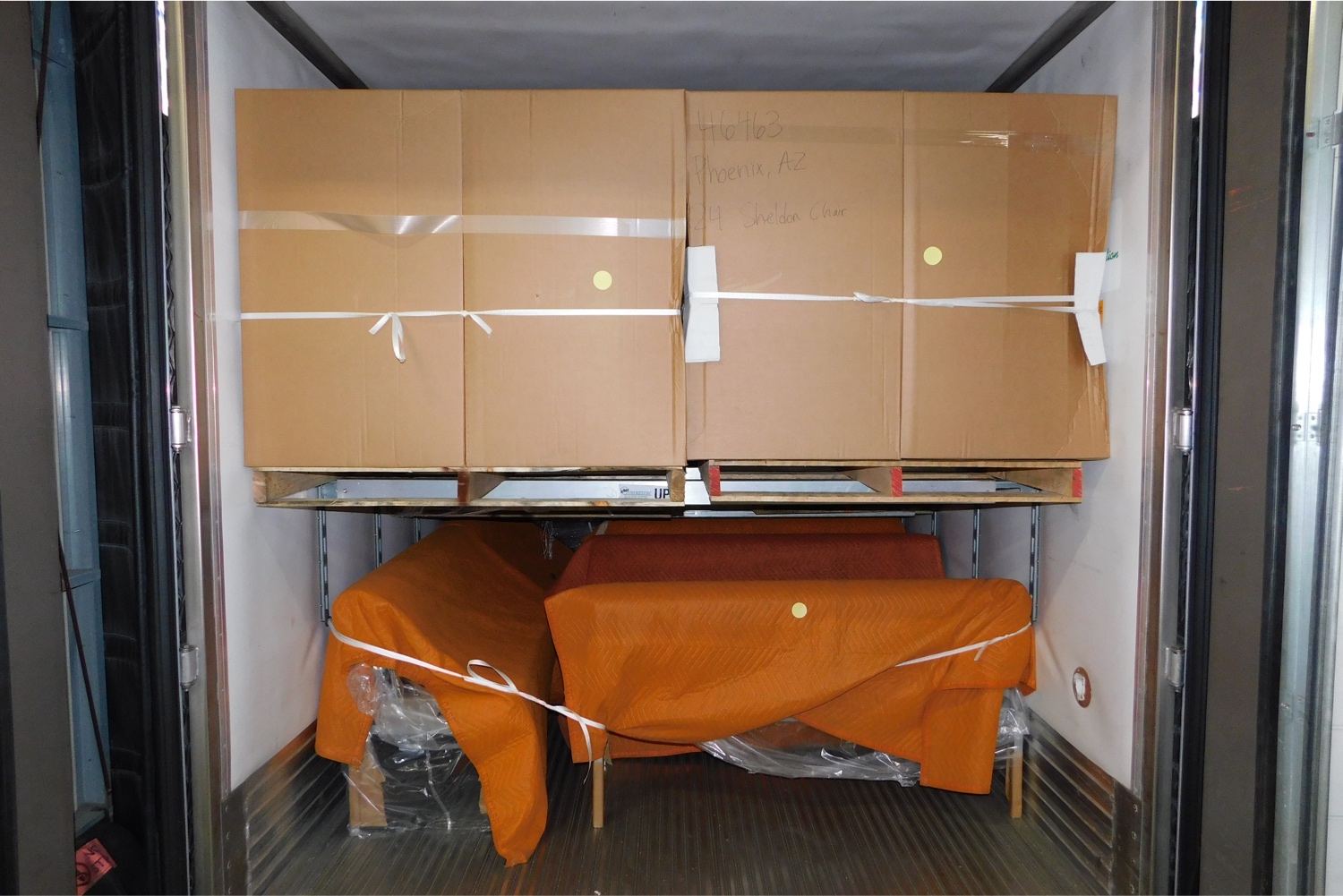As we continue our efforts at relieving freight congestion, one of the areas where shippers and carriers can make the biggest impact is reducing the number of shipments marked as full truckloads when they are, in fact, partial truckload shipments. The marking of full truckload has caused a rising cycle of prices in the freight board marketplaces, as well as a reduction in the number of drivers who are available to deliver shipments. Yet we’ve continued to see many shippers mark “full truckload” even though this selection may not be in their best interest.
Why does this occur? In general, full truckload shipments get better service. The reason for this is shipments marked as partial loads need to be brought to a terminal and packed into another trailer, thus increasing risks to the freight. Shipments marked as full truckload are sent directly to the customer, with few to no stops in between. Another issue is cost. Most LTLs have set prices based on footage, which in some cases has resulted in 30 feet of trucking space to cost the same amount as a full truckload. Combine these perceptions and it is no wonder why shippers are more likely to opt for a full truckload selection for their freight. However, what many shippers don’t realize is how much they’re paying for all of that wasted space. In essence, they’re paying for air. On top of this, the congestion over the past year is making full truckloads less feasible as an option, that is unless you’re willing to pay top dollar for it.
Utilizing optimization is the best way to alleviate the congestion we’re seeing. Shippers would be wise to consider selecting ‘partial’ for their shipment. Many carriers out there are skilled at handling sensitive freight and can combine shipments while also ensuring they will arrive undamaged and on time. As always, we recommend that shippers perform their due diligence when considering these types of carriers which will take time, but it’s far better than the alternative of dissatisfied customers who have not received their shipments. As shippers explore their options in redesigning their supply chains, they may often find themselves preferring shipment optimization, even after all of this is over.
Here at Zip Xpress, we understand the importance of optimizing shipments. Optimizing shipments helps reduce wear and tear on our nation’s highways as well as prevents customers from paying for ‘air’ inside of trailers. All of this leads to a more sustainable supply chain, which customers can see through a monthly carbon emissions reduction sheet we provide them with. The latest benefit is that customers who ship with us will see their products arrive undamaged and on time every time. If you want to see all of these results for yourself, start today with Zip Xpress!



